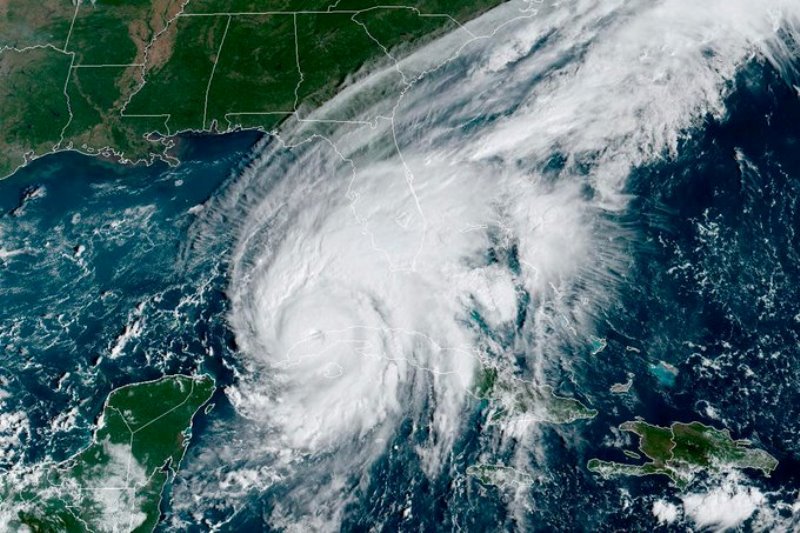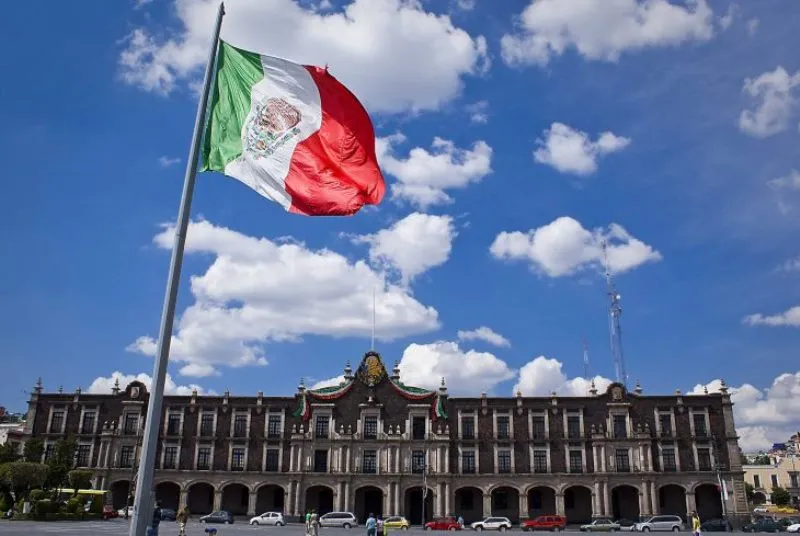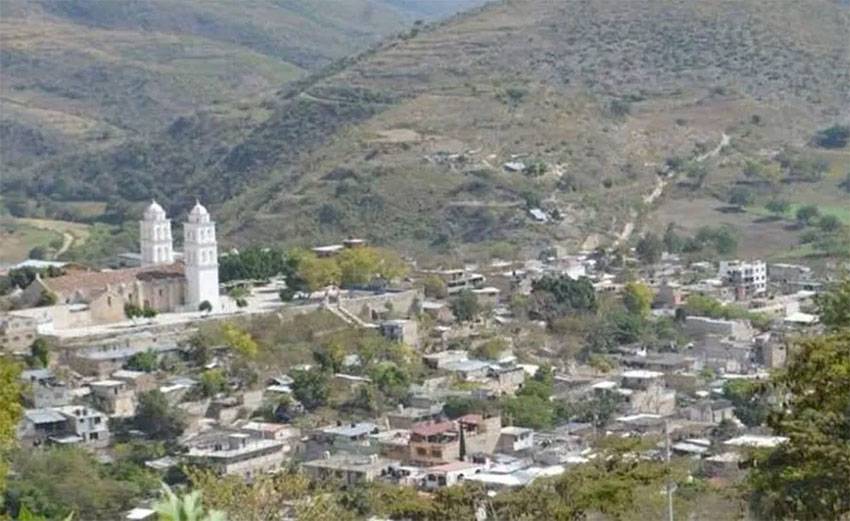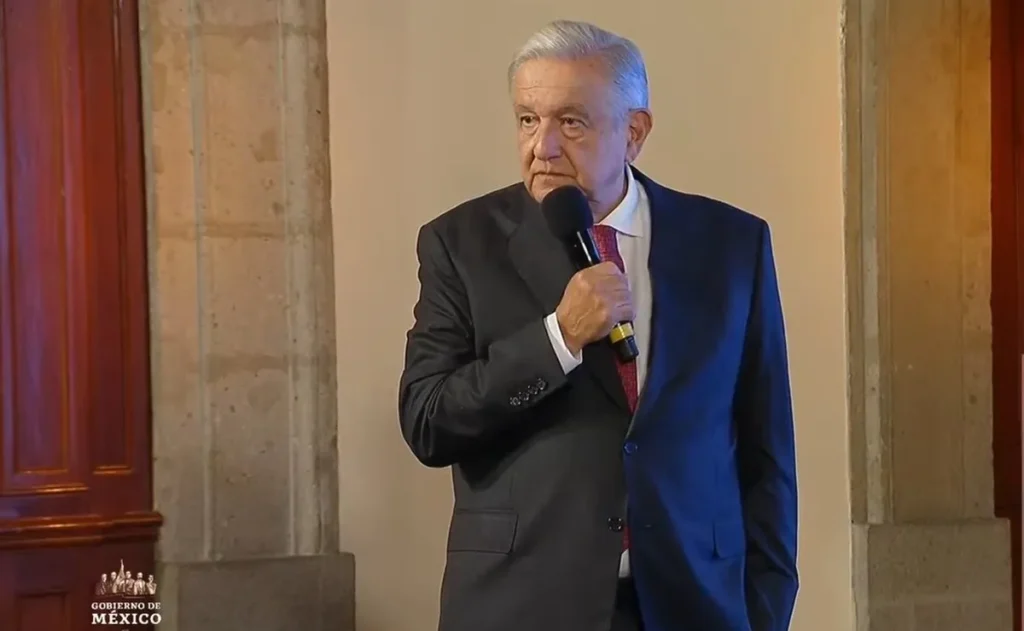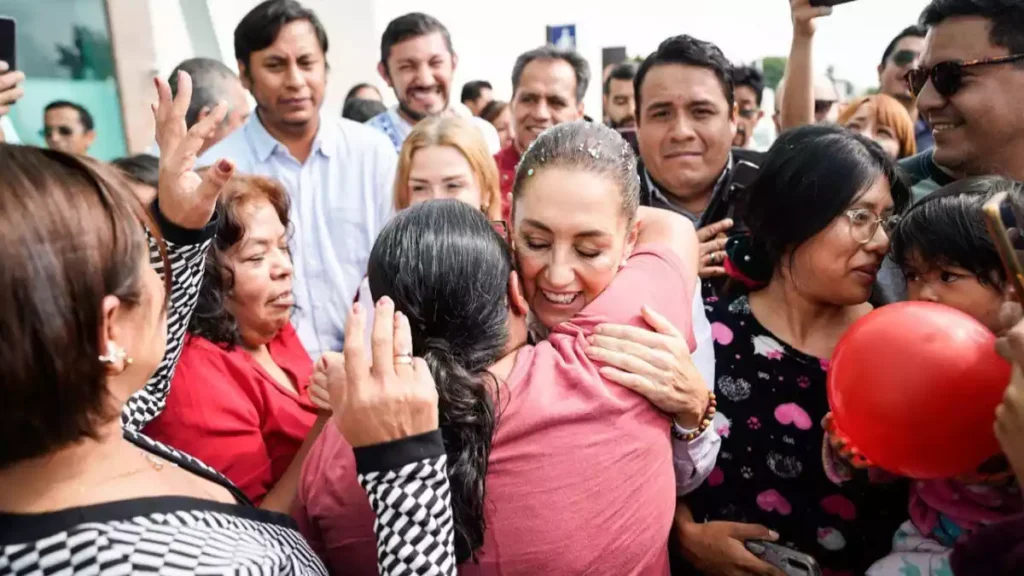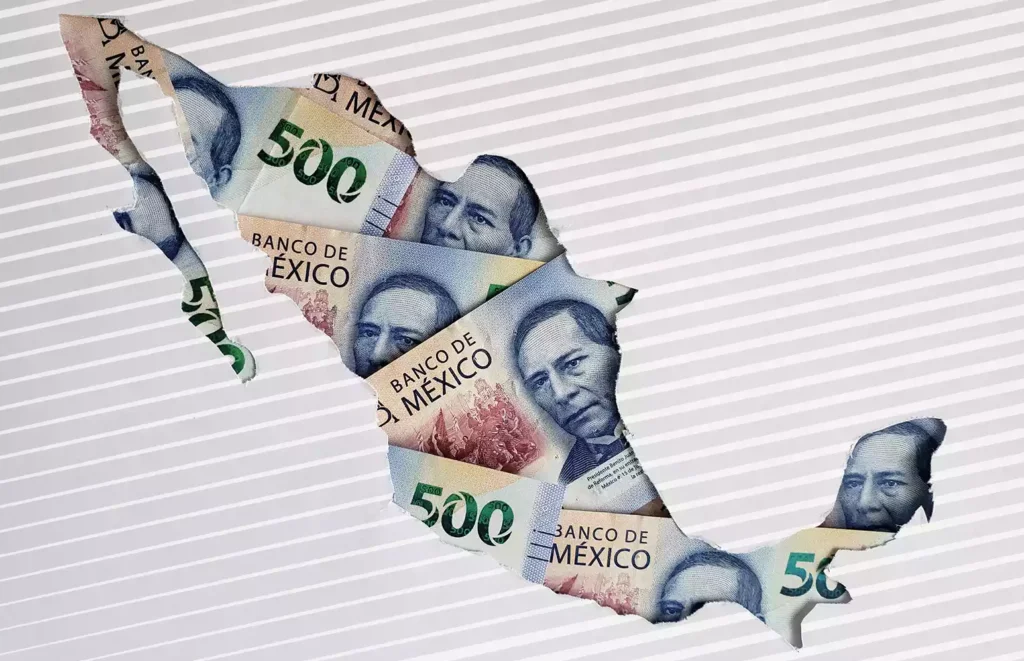The raid of the Ecuadorian police to the Mexican embassy: U.S. rejection
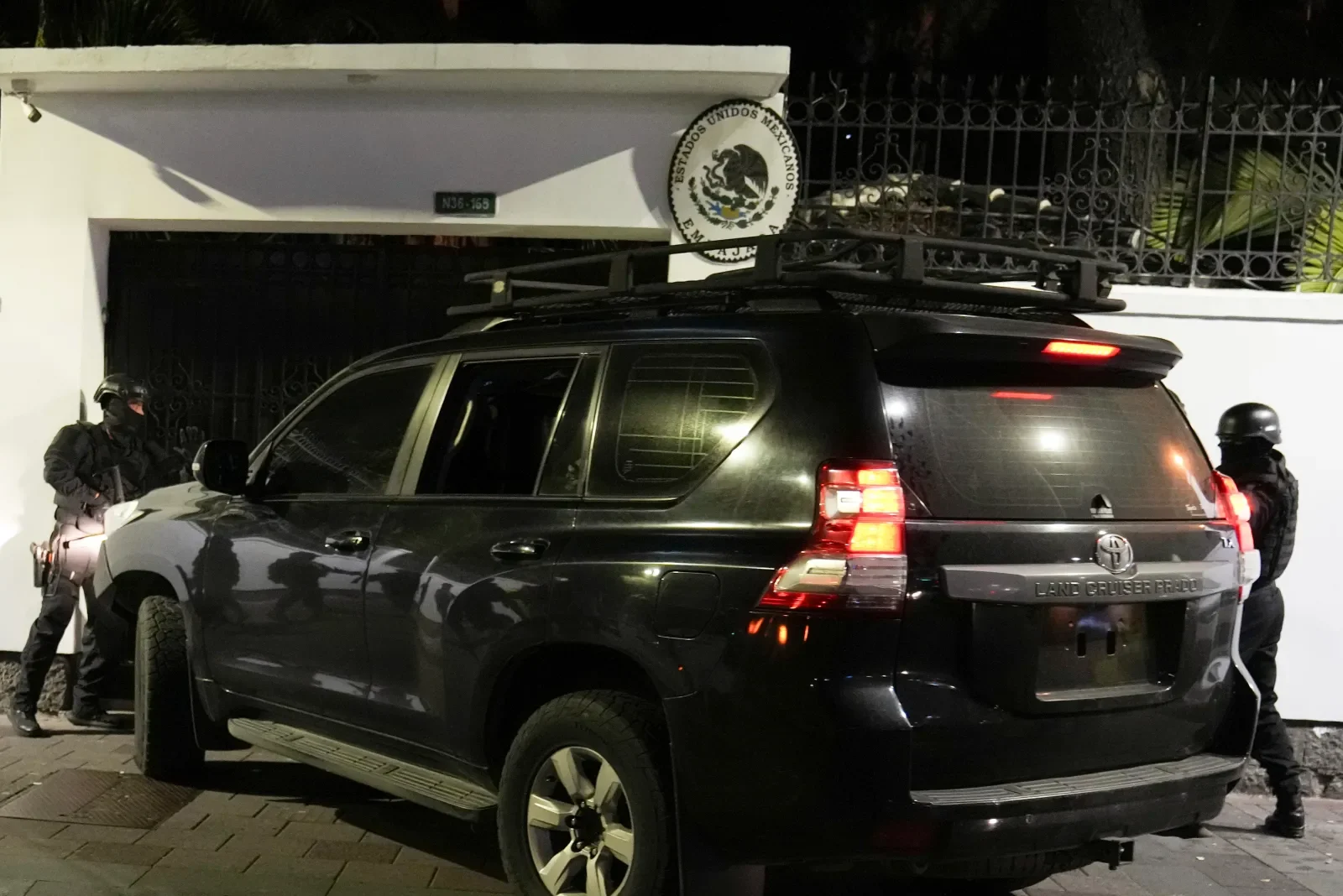
The United States rejects the raid of the Ecuadorian police to the Mexican embassy in Quito, and joins the long list of countries that rejected the decision.
The US State Department expressed its rejection of the raid by the Ecuadorian police on the Mexican Embassy in Quito and urged Washington’s two allies to “resolve their differences in accordance with international norms”.
The Ecuadorian police raid on the Mexican embassy in Quito has turned the world upside down, in a clear violation of international law.
State Department spokesman Matthew Miller indicated that “the United States condemns any violation of the Vienna Convention on Diplomatic Relations and takes very seriously the obligations of countries under international law to respect the inviolability of diplomatic missions.”
The raid of the Ecuadorian police to the Mexican embassy, on Friday night, April 5, to apprehend the former Ecuadorian vice-president Jorge Glas, remains controversial.
Glas had been granted political refuge by the government of López Obrador and had been in the Mexican diplomatic headquarters since last December.
“Mexico and Ecuador are crucial partners of the United States and we place a high value on our relations with both countries. We urge the two nations to resolve their differences in accordance with international norms,” the State Department statement added.
READ HERE: MEXICO DECIDED TO BREAK OFF RELATIONS WITH ECUADOR.
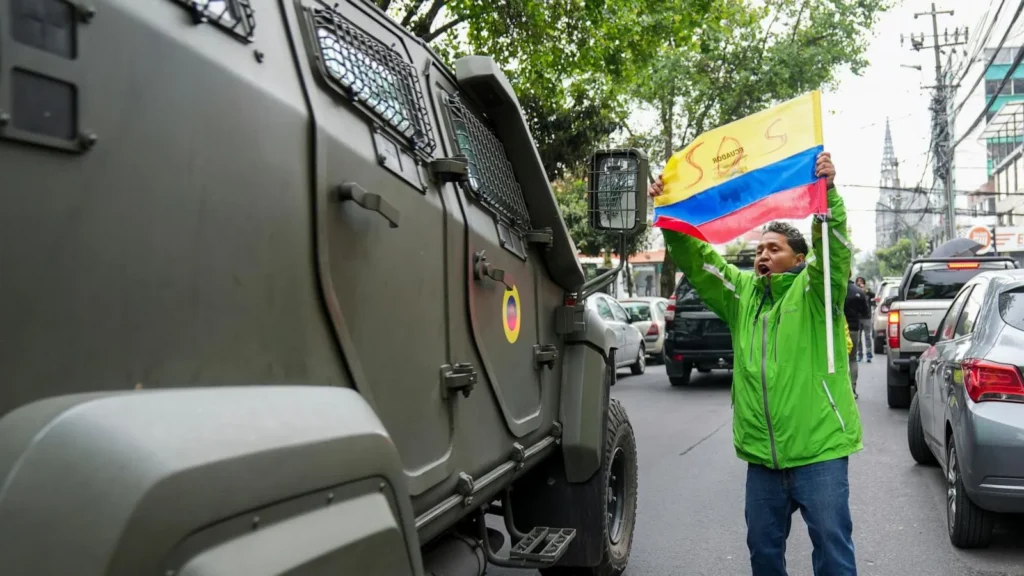
Ecuadorian police raid on Mexico’s embassy in Quito
The Ecuadorian police broke into the Mexican embassy in Quito in a violent manner, despite the fact that the Ecuadorian diplomatic compound in Mexico City had been guarded since Friday night.
After the Ecuadorian police broke into the Mexican embassy, the Mexican president decided to break diplomatic relations with the South American nation, assuring that international law was violated, specifically the Vienna Convention.
Ecuador’s Foreign Minister, Gabriela Sommerfeld, indicated this Saturday that the decision to enter the Mexican embassy in Quito to capture former Vice President Jorge Glas was made because there was a “real risk of imminent flight” and that Ecuador had already “exhausted the diplomatic dialogue with Mexico on this issue”.
The Ecuadorian Foreign Minister also pointed out that Noboa’s government acted “in defense of democracy, peace and security of Ecuadorians” in the face of an “abuse of immunities and privileges“.
He also stressed that “the Embassy of Mexico (had) all the information provided by the National Court of Justice and the Attorney General’s Office on the convictions for the crimes of illicit association and bribery, as well as on the arrest warrant for embezzlement” issued against Glas, and denounced that the granting of asylum “clearly contravenes the fundamental principle of not intervening in the internal affairs of other states”, as well as several conventions of International Law.
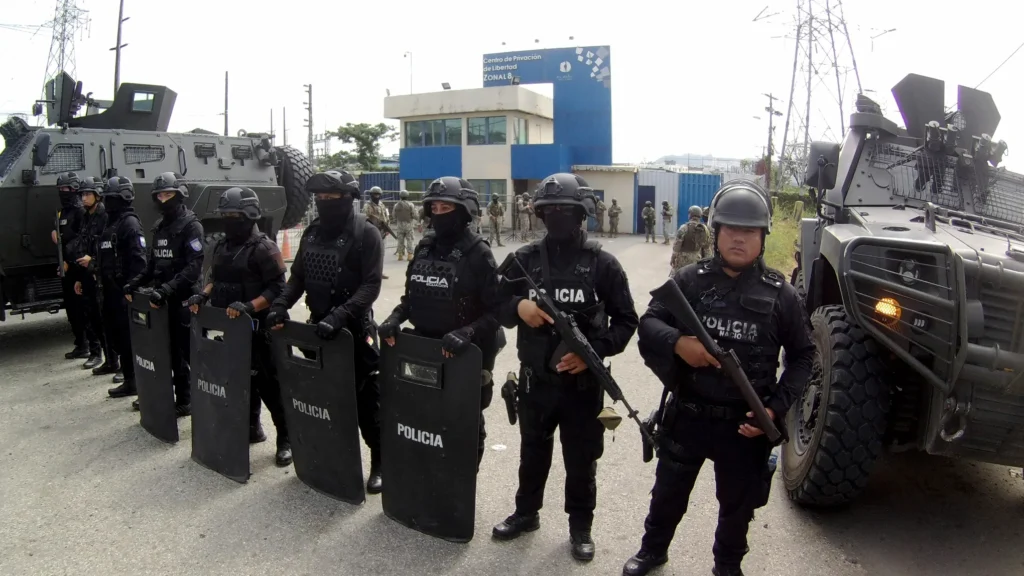
READ MORE: MEXICAN MIGRANTS CONTRIBUTE TO THE U.S. ECONOMY.
“It is important to highlight that Article 41 of the Vienna Convention on Diplomatic Relations provides that all persons enjoying privileges and immunities must respect the laws of the receiving State and agree with them, being obliged not to interfere in the internal affairs of that State,” the minister said.
The Foreign Ministry’s statements come after Daniel Noboa himself supported the entry of a police operation in the Mexican Embassy to arrest former Vice President Jorge Glas, arguing that the previous conviction against the former Ecuadorian official prevailed over a status of political asylum.

